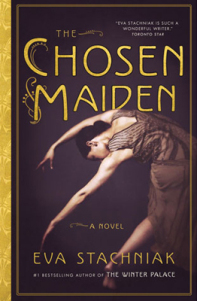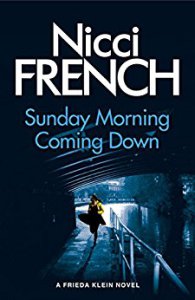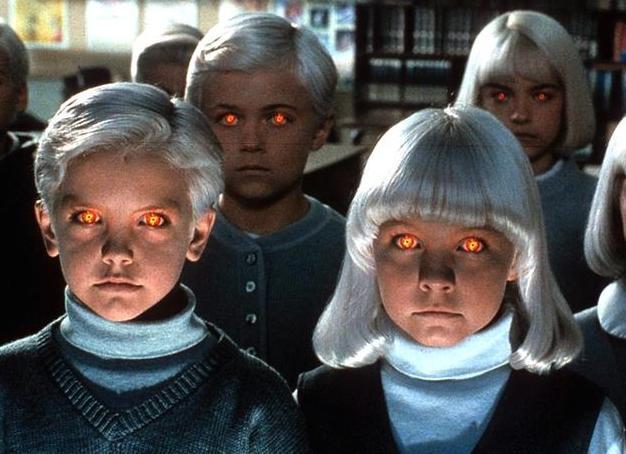 The Chosen Maiden by Eva Stachniak
The Chosen Maiden by Eva Stachniak
Published January 10, 2017

The Chosen Maiden is sweeping account of the life and accomplishments of ballet dancer and choreographer Bronislava (Bronia) Nijinska, the sister to legendary dancer Vaslav Nijinsky, who was known as “Le Dieu de la Danse” (The God of the Dance). Set between 1894 and 1939 and told from Bronislava’s perspective, the novel explores themes of art and modernity as Bronia sees beyond her rigid classical training and strives to be a great artist, dancing and creating bold new works.
Born to dancer parents, Vaslav and Bronislava are both aimed at the Russian Imperial Ballet School from a young age. After graduation, they both dance for the Imperial Ballet initially, which presents financial stability and safety for the struggling family, but Sergey Pavlovitch Diaghilev’s newly formed Ballets Russes offers the opportunity to dance on world stages performing new and exciting works. Bronia follows her brother to the new company, at first given only small roles to dance, but through her persistence and passion she begins to carve out a place for herself and her imagination is captured by new and modern ways of dancing. Bronia’s life becomes more challenging as World War One tears the continent apart, and as she deals with broken relationships and fears for the safety of her family and friends, but she remains resilient and devoted to her art.
Intelligent, passionate, and yet the reasonable peacemaker of her family, Bronia is an engaging and likable protagonist. She is a steadying presence who tries to look out for Vaslav’s best interests, and moderates the disagreements between him and Sergey Pavlovitch (the Ballets Russes impresario and Vaslav’s lover), and who looks after her mother. Although perpetually in the shadow of her gifted older brother, Bronia is also a talented dancer and choreographer who is passionately dedicated to her craft and to seeing modern ballet brought to life.
This is the second novel by Eva Stachniak I’ve read, after The Winter Palace. With both novels I’ve been impressed by the author’s attention to detail and the way that she has so richly and realistically recreated the historical periods in which her novels are set. The Chosen Maiden vividly portrays the turbulence but emerging modernity of early twentieth century Europe, and I really enjoyed Stachniak’s prose.
Another aspect I enjoy so much about the two works of Stachniak’s I’ve read so far is the exploration of feminism. Bronia believes her brother to be a great artist and the envy she experiences is less to do with his gift as a dancer than with what behaviour is accepted from Vaslav, as a man, and not from her as a woman. While Vaslav has liasons and takes lovers, Bronia is carefully guarded by Vaslav and by Sergey Pavlovitch against an affair with an opera singer she loves, and is warned constantly against love and marriage. After Bronia does marry later in the book, she learns that she is pregnant, spoiling plans to dance the lead in a groundbreaking new ballet. Upset at the timing of the pregnancy, for she is at the height of her abilities, Bronia is accused of not wanting the child by her dancer husband and thinks bitterly, ‘It is all easy for him to say. He can go on dancing. A child is always a father’s accomplishment and a mother’s problem.’ Other cautions about being a woman are presented through the example of family members. Mamuisa puts some of her dancing on hold for Bronia’s father, who leaves her to marry another woman, and Mamuisa’s sister marries and gives up her career, but is abandoned by her husband.
Bronia also goes against typical gender conventions. She chops her hair short and wears trousers and not dresses off-stage. In her dancing, she uses her body to jump higher than a woman is expected to, and dances wearing soft shoes, rather than pointe shoes, in her ballets.
I’m confident most historical fiction readers will enjoy The Chosen Maiden, but this is definitely a case where Your Mileage May Vary. Occasionally I’ve felt as if a book was written for me, because the topic, or the writing style, or the type of characters fit so specifically with my interests. The Chosen Maiden is one of those books.
I had a childhood interest in ballet but it’s only over the last few years that I’ve started attending performances by the National Ballet of Canada and becoming interested in dance. In 2014 the company danced John Neumeier’s Nijinsky, a biographical ballet about the great dancer Vaslav Nijinsky that opens and closes with his last public performance before he was diagnosed with schizophrenia at age 29. Throughout the ballet he experiences feverish memories of his personal life, his art, and the turbulent world he lives in. I found Nijinsky incredibly moving and inventive and it’s one of my favourite things I’ve ever seen on a stage (Sidenote: The National Ballet has announced that they’ll be performing it again this fall so watch out for that no doubt gushing review in November!).
My interest in the story of Nijinsky is what drew me to this book and, as is usually the case in historical fiction, I found it really interesting to compare the different takes on people in Vaslav and Bronia’s lives. The Chosen Maiden paints a much less flattering portrait of Romola, Vaslav’s wife, than the ballet does, for example.
I thought the novel loses some steam after Vaslav’s madness overtakes him, but since Bronia is an engaging main character, I was interested in the changes that each World War brings to Bronia’s life and the great ups and downs of both her personal and professional life.
The Chosen Maiden definitely has more to offer if you’re familiar with, or interested in, the world of dance, but either way it’s an excellent historical fiction read with an intelligent, likable main character and strong prose.
Advertisements Share this:




